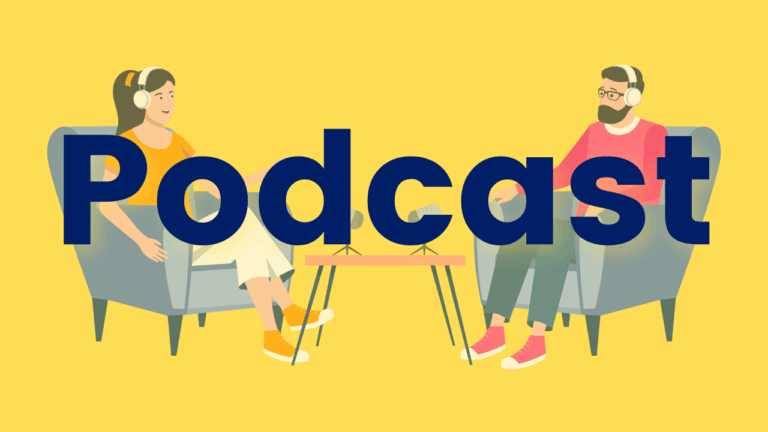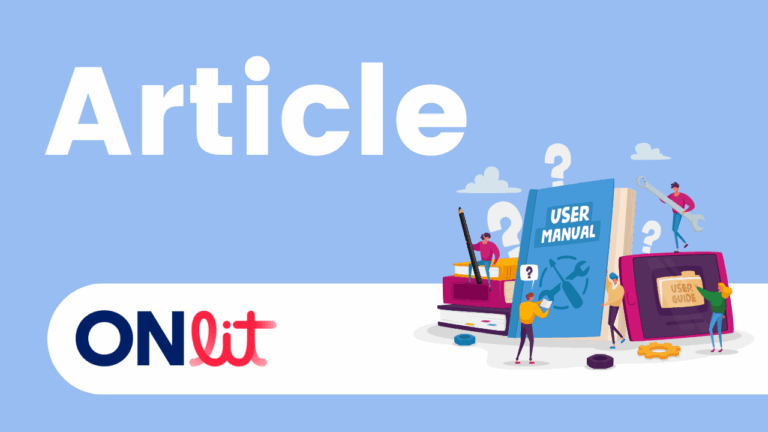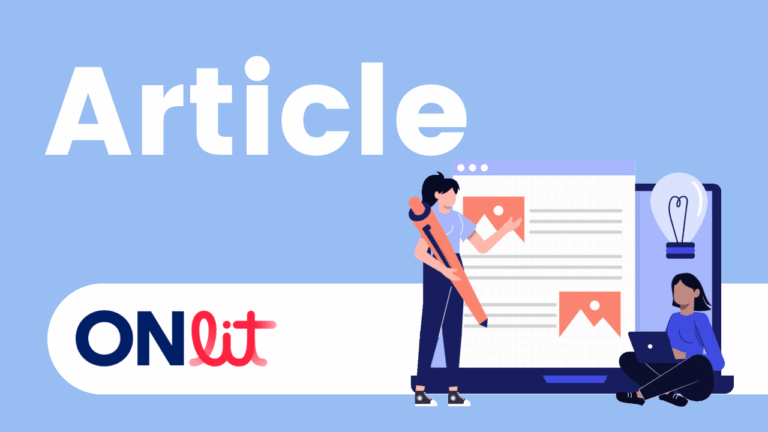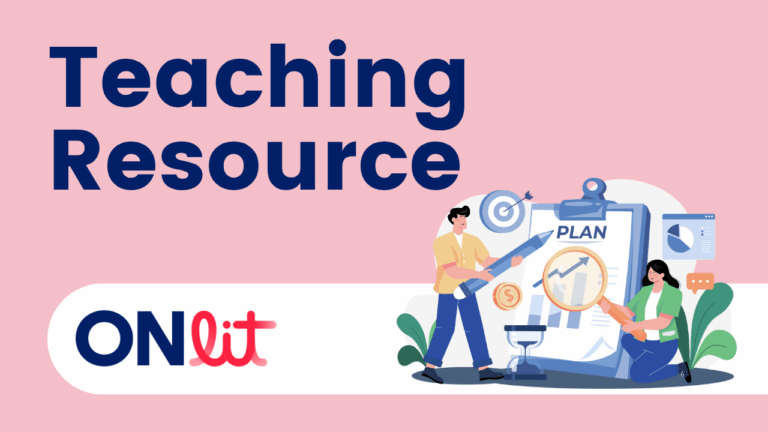Thinking About Comprehension
In this brief video, Nancy Hennessy shares insights into the elements of comprehension and how educators can facilitate comprehension for students through Structured Literacy instruction.

In this brief video, Nancy Hennessy shares insights into the elements of comprehension and how educators can facilitate comprehension for students through Structured Literacy instruction.

Season 3 of Reading Road Trip wraps up with a jam-packed episode featuring Dr. Amanda VanDerHeyden. Kate and Amanda have a wide-ranging conversation about the science of learning and human behaviour – how do children learn new things? From the instructional hierarchy to incremental rehearsal, don’t miss this fabulous episode!

The Instructional Hierarchy is a model of skill acquisition. The hierarchy has been researched for decades – when we learn something new, we move through a series of predictable stages. Educators need to be aware of the instructional hierarchy since we are most effective when our instruction matches the student’s current level of proficiency. Learn…

Dr. Michèle Minor-Corriveau présente les facteurs à considérer lorsqu’on intervient pour développer les habiletés de conscience phonologique chez les élèves aux cycles moyen et intermédiaire.

Une variété de langue est une différence dans les règles ou les mots d’une même langue. Le français est une langue multiple et changeante qui se transforme et évolue selon une foule de facteurs. Apprend plus sur la variété de la langue française.

La lecture répétée est une méthode d’enseignement qui s’appuie sur de nombreuses recherches. Découvrez comment utiliser la lecture répétée dans votre class pour améliorer la fluidité des élèves grâce à ce guide de mise en oeuvre du Dr Stephanie Stollar.

The chapters in this anthology, by a range of expert authors, delve into the relationship between writing and reading (as well as oral language), offering both extensive research and ideas for practice. While the research can be a bit heavy at times (this is not a « quick tips to use tomorrow » kind of book), there…

Grammar on the Go is a playlist of some foundational grammar concepts covered in the new Ontario Language Arts Curriculum (2003) for Grades 1-9. The video series focuses on nouns (common, proper, singular, plural), verbs (past, present, future, progressive, perfect tenses), pronouns (first person, second person, third person), gerunds, adjectives (common, proper, comparative, superlative, pronoun…

This structured journal template, based on the work of David Liben and Meredith Liben, can be used to introduce students to the use of structured journals in their close reading of texts. While this work can be started orally with younger students, this template will be best-suited for Grades 3 and up. Before using this…

Dans ce document de Reading Universe adapté au français, Reid Lyon résume, en langage clair, ce que la recherche a appris sur le développement de la lecture au cours des 50 dernières années. Cette ressource aidera le personnel enseignant dans leur développement professionnelle grâce à une liste concise comprenant une sélection d’études qui sous-tendent chaque…

Vocabulary knowledge must be intentionally nurtured to ensure that students are ready for the greater vocabulary demands of reading complex texts and writing multi-paragraph essays, but we need to pay attention to cracks in the foundation and scaffold our lessons accordingly, or it all falls apart. This workshop equips participants to consider the role of…

With shifts to literacy instruction and intervention and the revised 2023 Language curriculum, many schools have unused Levelled Literacy Intervention books in their book rooms. While LLI isn’t an evidence-based literacy intervention and doesn’t meet the needs of struggling readers, the individual texts can be repurposed to support structured literacy instruction. Developed by Catherine Shawana…